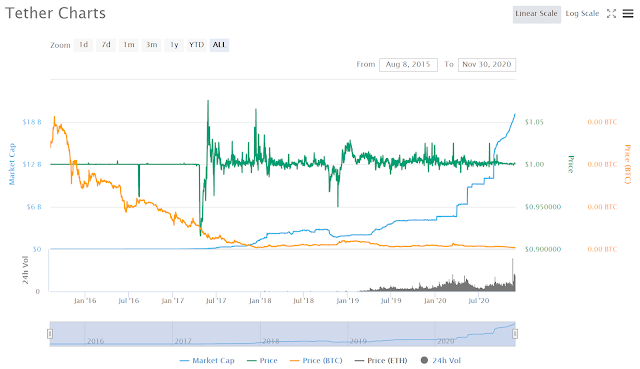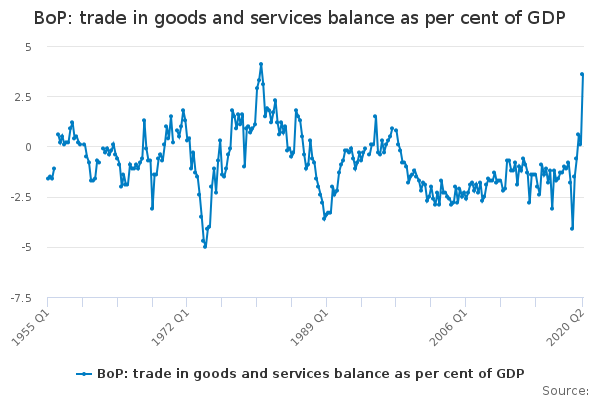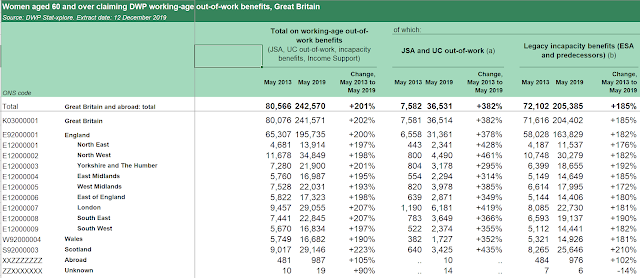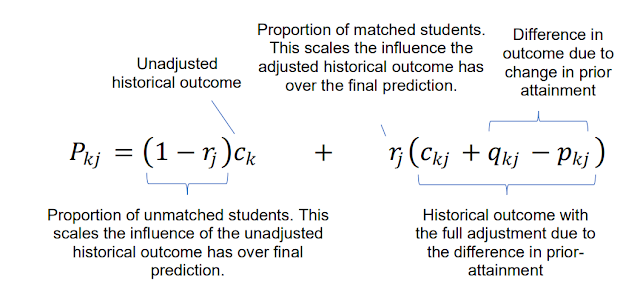The asymmetric mechanics of Tether

Tether is the issuer of the cryptocurrrency world's premier stablecoin, USDT. Stablecoins aim to guarantee the value of cryptocurrencies in dollar terms, hedging volatility risk and making it easier to realise notional gains from cryptocurrency's wild price rises. But Tether's relationship with the main cryptocurrencies, particularly Bitcoin, is controversial. There is a raging battle between those who think that USDT issuance pumps up the price of Bitcoin, and those who argue that USDT issuance has nothing to do with Bitcoin's price. But in my view, the truth is more complex. Tether's asymmetric mechanics both support and disprove the arguments of both sides. USDT, Tether's "token", is a representation of the US dollar that can be readily traded on cryptocurrency markets. People exchange dollars for USDT, then use the USDT to buy and sell cryptocurrencies. They do so secure in the belief that each USDT token is always worth 1 US dollar. And so far, U...




